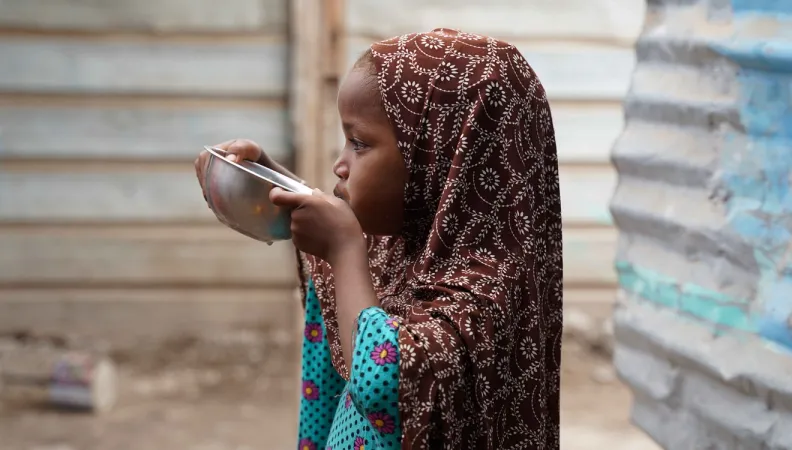Share the page
Bolstering Healthcare, Energy Efficiency and the Financial Sector in Djibouti
Published on

AFD and Djibouti’s Finance Ministry recently signed three major agreements worth a total of €22 million in grants. The projects being funded aim to strengthen the health sector, improve energy efficiency and support the reform of the financial sector.
Supporting the healthcare system
Faced with the difficulties of access to maternal and neonatal health care for vulnerable people, Djibouti’s Health Ministry has adopted a national strategy to reduce maternal and neonatal mortality. The country aims to improve access to preventive and curative care services for women of childbearing age, pregnant women and their newborns.
Backing the initiative with a grant of €7 million, the Health System Reform Support Project seeks to improve the quality of care offered in six public polyclinics and strengthen the Health Ministry’s steering, regulatory and planning capacities. The project will mobilize renowned French institutions in partnership with Djibouti institutions.
Enhancing buildings’ energy efficiency
In what would be a bold step, the government's energy independence strategy aims to make Djibouti the first African country to use 100% green energy, and to promote the use of low-consumption electrical equipment. To achieve this goal, one of the main lines of action is to improve the energy efficiency of public buildings, which account for about 15% of the country's electricity consumption.
Further reading: Boosting Access to Renewable Energy across East Africa
With a grant of €7 million, the Energy Efficiency Program in Administrative Buildings (PEEBA) aims to reduce the consumption of a dozen public buildings, to encourage the development of a sector in the field of energy efficiency. This will reduce greenhouse gas emissions and set up a revolving fund, topped up by the savings made, to finance the duplication of the project's activities on other public buildings.
"We are delighted with the signing of these three agreements, each of which supports key sectors for the country, in response to needs expressed by the Djibouti government,” says Hélène Vidon, AFD's Director in Djibouti.
“In total, 638,000 women and children should see their access to healthcare positively impacted by the health project; the electricity consumption of the buildings concerned by the energy efficiency project should be reduced by an average of 53%. And the normative framework and tools of Djibouti's banking sector will be strengthened, to the benefit of all its users.”
Developing the financial sector to combat inequality
The Djibouti Financial Sector Reform Support Project (PAREFID), worth €8 million in grants, aims to develop and strengthen, through the Central Bank of Djibouti, the national banking and financial system so that it contributes more significantly to the development of the country's productive sector.
PAREFID is AFD's first intervention in the area of banking and financial systems in Djibouti. It aims to strengthen payment systems with the implementation of the national digital payment system, and to facilitate the productive sector's access to financing solutions by improving credit risk management and strengthening the anti-money laundering and anti-terrorist financing measures in the financial system.
